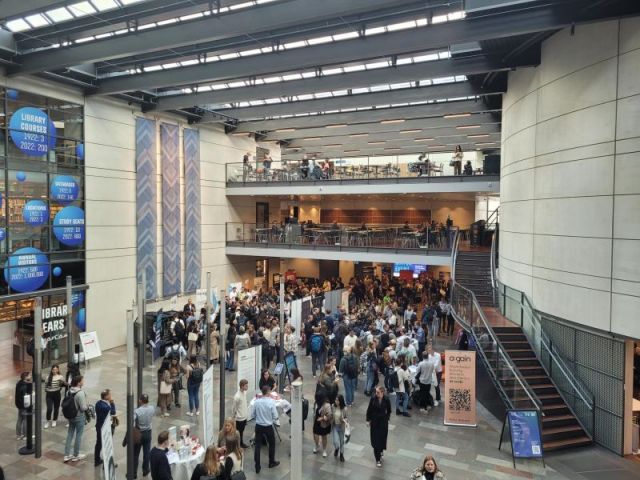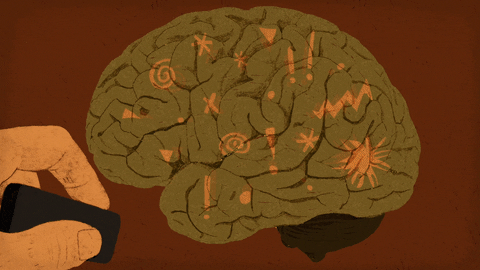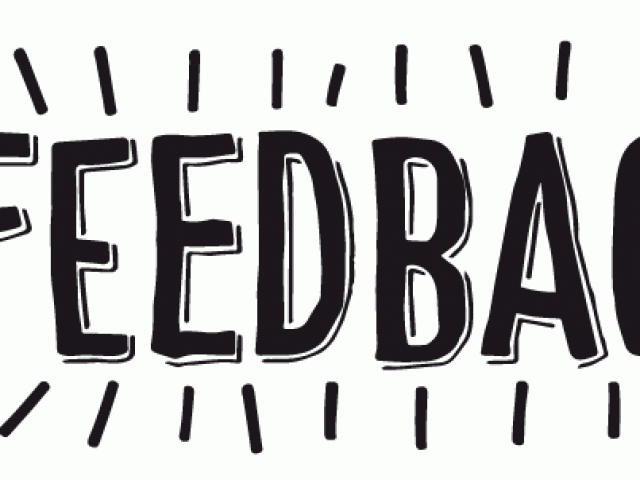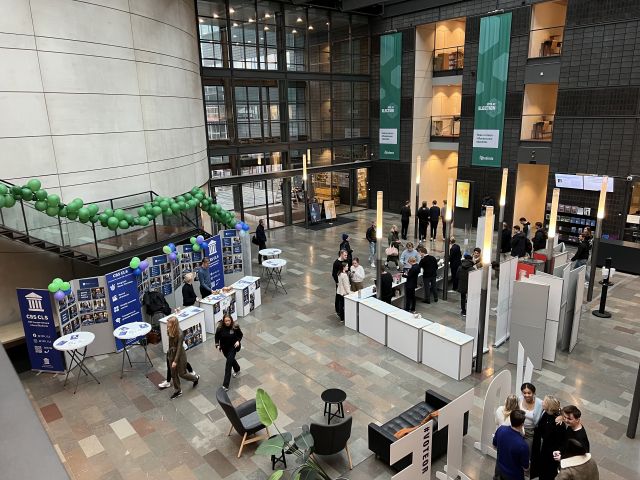Mentoring and feedback culture in my daily life

Illustration: Shutterstock
A mentoring relationship is not the same as simply giving and receiving feedback – but they share many common traits. Both feedback and mentoring involve a deep conversation between two people focusing on what has happened in the PAST, aiming for development in the FUTURE.
Moreover, it’s about learning to express your experiences, frustrations and considerations in words in a professional manner instead of keeping them all in your head.
Let me tell you what mentoring and feedback culture mean to me in my daily student life, and why I believe that every CBS student should reflect on getting or becoming a mentor, and incorporating feedback sessions in any kind of teamwork.
It started with the job feedback culture
Last autumn, I started my new job as an auditor at Deloitte. Deloitte, just like many other consulting companies, highlights employees’ personal development, where giving and receiving feedback between colleagues is almost a routine task.
It was expected that we, especially the younger employees, constantly ask for feedback from senior employees after completing a task or project. In the beginning, I felt quite uncomfortable asking for some feedback.
I often felt that there’s nothing to discuss, as long as I or my team succeeded with the project, and the technical quality of my work was approved by my manager.

However, after I’ve started working with more and more different people, I have realised that the feedback culture is essential for accelerating personal development. For me, the biggest learning point concerned soft skills, such as communication or alignment of expectations.
I believe that most of you can recognise this feeling when you start working with a new colleague (or on a CBS group project with a new classmate) and it gets quite awkward, even if you’re communicating in the same way as you normally do.
And that’s the moment where feedback sessions matter. You need to reflect back and find the right words to describe the awkwardness in a professional and solution-oriented way.
The art of giving and receiving feedback in a professional way does not end at the workplace – it can definitely be applied in study group projects as well
Moreover, you need to be open-minded and have a lot of empathy in order to immerse yourself in the other person’s situation. That’s quite a lot of skills to manage at once, but you might get inspired or even inspire others on how to improve – well worth it, right?
It’s not always as sugar-coated as it might sound, and that’s actually perfect, because negative (and constructive!) feedback accelerates improvement the most.
For example, I am well aware that I can get very impatient, but I was sure that I had managed to deal with it so it didn’t affect others.
However, it was still pointed out at several feedback sessions that my impatience can still shine through. That’s a clear agenda for my personal development
My previous example regarding awkward communication focused on soft skills and might involve some feelings, but it works in exactly the same way with technical feedback, for example, regarding a PowerPoint slide design.
The more feedback you get, the better you know what really works, and what can be better. The art of giving and receiving feedback in a professional way does not end at the workplace – it can definitely be applied in study group projects as well, especially if you feel like the process was not 100% smooth.
For those who love some structure, there are many ways of structuring feedback, but I believe that the most important thing to bring to a conversation is open-mindedness.
My experience of giving and receiving feedback at my workplace does not end here. It has truly inspired me that constructive reflections can have a positive impact not only on me, but also on the people around me. The reflection part makes me smarter about people’s behaviour.
Mentoring: giving back to younger students
It has even given me some flashbacks to the past, of a ‘teenage me’ reading psychology magazines and enjoying volunteering for a child helpline.
It has reminded me that I love working with people and enjoy activities that involve understanding different people, even though I don’t have much time for that while studying. And this passion somehow became forgotten, especially when I’m studying and working on hard rather than soft skills.
I asked myself a question – how can I make use of this forgotten passion in my daily life, and possibly contribute to society around me?

By mentoring younger students!
That’s the answer I came up with, and I am very happy to have joined a mentoring programme at my trade union Djøf, where I have had a few younger bachelor’s students as my mentees.
I can still remember how overwhelming it was to be a first-year student, getting to know millions of student organisations and companies with exciting student jobs, and constantly trying to figure out – where do I belong in this web of opportunities?
I can see from my younger mentees, that it’s quite useful to have a mentor to guide you through your feelings and experiences, to figure out what the next step should be, no matter whether it’s regarding a new student job, or a better balance between studying for exams and your social life.
For me, as a mentor, it’s also a win-win situation – I am happy to be there for others and create some social impact, but I’m also learning a lot of soft skills
Having a mentor is quite different from simply talking to a friend or a family member – as you need to be more prepared for the conversations, and you’re not being given subjective advice, as often happens with friends.
It’s more professional, but still very personal, as the mentor focuses on you and your unique frustrations.
Moreover, you can ask your mentor any questions in the areas where the mentor has more experience than you – for example, what to say or not say in a job interview, or what the main difference is between working in a small or in a large company.
Last but not least – the mentees learn to express their considerations and doubts in a clear way.
For me, as a mentor, it’s also a win-win situation – I am happy to be there for others and create some social impact, but I’m also learning a lot of soft skills, such as active listening, empathy skills, and being responsible for the mentoring session not moving too far away from the agreed agenda.






































































































































Comments